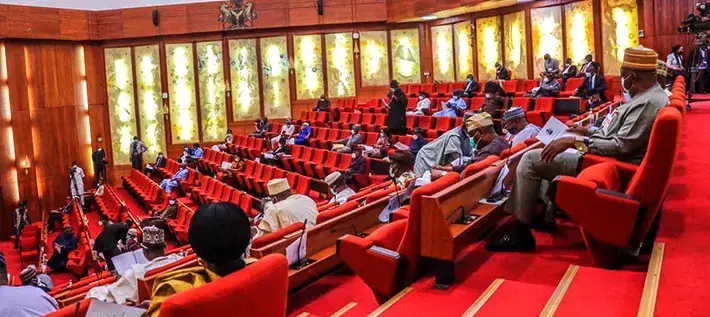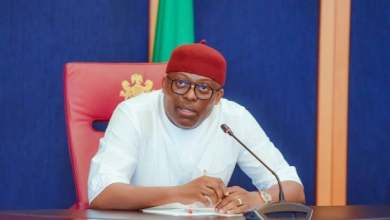Senate launches probe into sudden withdrawal of troops from Kebbi school before kidnap attack

The Senate has directed its joint committee on security to investigate the abrupt withdrawal of military personnel from Government Girls Secondary School, Maga, in Kebbi State, an action that occurred shortly before armed bandits invaded the institution and abducted several students.
The committees, mandated to report back within two weeks, are also to examine the circumstances surrounding the killing of Brig.-Gen. Musa Uba, whose death has continued to raise questions within security circles.
These resolutions followed a motion sponsored by the Deputy Senate Leader, Senator Lola Ashiru, during Wednesday’s plenary.
The motion, titled “Urgent Need to Address Escalating Insecurity in Kwara, Kebbi and Niger, Call for Immediate and Comprehensive Federal Intervention,” highlighted rising attacks across the North-Central and North-West zones.
As part of its response to the worsening security situation, the Senate dissolved its standing committees on National Security and Intelligence and Air Force, with a decision to reconstitute them for “improved oversight and efficiency.”
The leadership of the Senate was also mandated to meet President Bola Tinubu to brief him on the chamber’s concerns and the resolutions reached.
The Senate further commended the President and security agencies for what it described as “swift intervention efforts” that facilitated the rescue of some abducted persons in recent kidnappings across the three affected states.
Lawmakers also advised the Federal Government to strengthen local vigilante groups to boost first-response capacity in rural communities.
They called for a review of Nigeria’s firearm laws to reflect the realities of present security threats.
According to the chamber, more than 175 countries allow responsible citizens to own firearms under regulated frameworks, and Nigeria should consider similar provisions to enhance community defence.
The Senate also resolved to initiate a diplomatic engagement with the United States and other allied nations to deepen cooperation on intelligence sharing and counter-terrorism training.
A minute’s silence was observed in honour of those killed in recent attacks.
In his contribution, Deputy Senate President Jibrin Barau expressed concern that insecurity had intensified across the country.
He linked the surge to comments earlier made by former U.S. President Donald Trump suggesting possible American military intervention in Nigeria due to alleged religious persecution.
Barau said such remarks might have emboldened terror groups, claiming that criminals now roam in convoys to carry out coordinated attacks.
He called for rapid deployment of surveillance technology to track and disrupt their movements.
Senate Leader Opeyemi Bamidele noted that although many abducted victims from Kwara, Kebbi and Niger had regained their freedom, Nigerians remained concerned about the process and whether negotiations were involved.
He reiterated the government’s position that it does not pay ransom, but acknowledged that only security authorities could clarify the behind-the-scenes details of rescue operations.
Bamidele insisted that the positive outcome—freeing the captives without loss of life—was a significant relief for the affected families and for the country.



